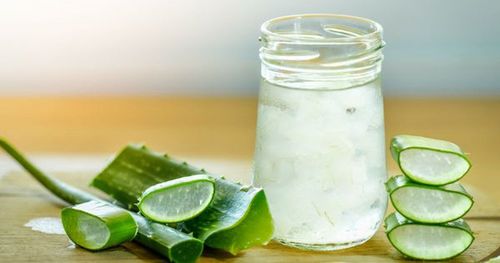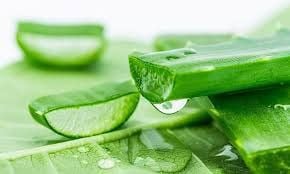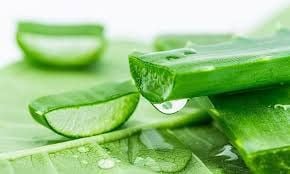This is an automatically translated article.
Aloe vera is one of the indispensable ingredients of life, especially in the field of beauty. Aloe vera is best known for its outstanding effects such as soothing wounds, moisturizing the skin, curing cold sores or inflammatory acne.1. Basic ingredients of aloe vera
Aloe vera is perhaps one of the most widely used herbal remedies for topical skin conditions. The reason it is so popular is because the gel-like ingredients of this plant are known to be effective in healing minor skin wounds.
In fact, there are many different varieties of the aloe vera plant, with an estimated 420 varieties. The most commonly used aloe for skin conditions is Aloe barbadensis Miller.
In conventional medicine, aloe vera is used as a topical gel, made from the gel-like substance on the inside of the plant's leaves. In addition, we can also use the leaves directly by separating the peel and taking the gel inside.
However, using pre-made aloe vera gel will make it much easier to use, especially in case of burns or emergency wound care. You can now find OTC aloe vera gels, which also contain other skin-soothing ingredients, such as echinacea and calendula.
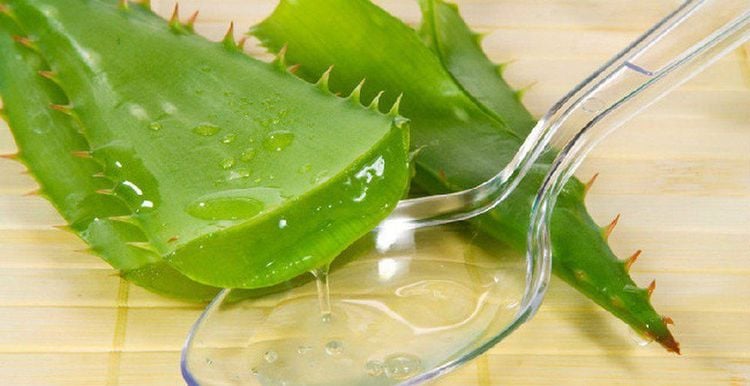
Nha đam đem lại những công dụng tuyệt vời cho làn da
2. The benefits of aloe vera
If you are experiencing chronic skin conditions, see a dermatologist to check before using any product on your face. You can also consult your doctor about the following potential benefits of aloe vera:
2.1. Burn
For minor burns, try applying aloe vera gel to the injured area up to 3 times per day. However, you need to be careful to protect the burned skin with gauze.
2.2. Sunburnt skin
Some studies show that aloe vera has the ability to soothe sunburned skin. However, it is not an effective way to prevent sunburn, so make sure you put on sunscreen every day before going outside.
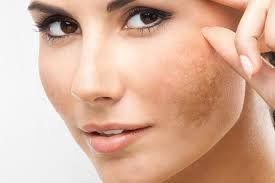
Lô hội có tác dụng tuyệt vời đối với làn da bị cháy nắng
2.3 .Skin abrasions
If the chin or forehead area is scratched, you can apply aloe vera to that area to relieve the pain and burning sensation quickly. For best results, you should use aloe vera three times a day.
2.4. Cut
Instead of using Neosporin for a small cut in the skin, you can try switching to aloe vera. The molecular structure of aloe helps to heal wounds quickly and minimize scarring by boosting collagen and fighting bacteria. For quick wound healing, you should use it up to three times per day.
2.5. Dry skin
Aloe vera gel has a high absorption capacity, so it is considered a "savior" for people with oily skin. You might consider swapping your daily moisturizer for aloe after showering to help keep your skin smooth and moisturized.
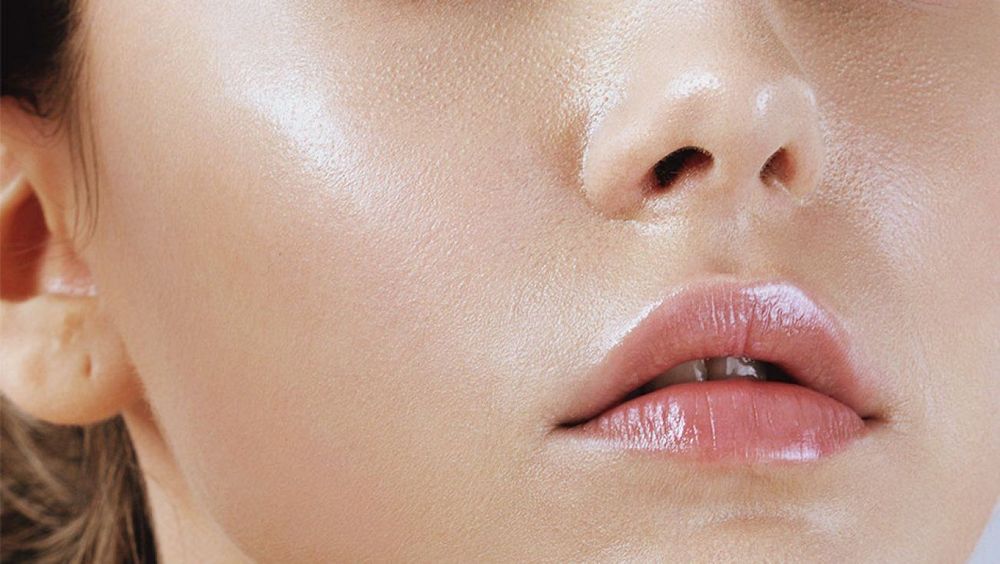
Tinh chất trong lô hội giúp cải thiện làn da dầu
2.6. Cold burns
Frostbite is a serious condition that requires urgent medical treatment. In the past, people often used aloe vera gel to treat cold burns. In case of frostbite, you should consult your doctor before using aloe vera for treatment.
2.7. Cold sores
Unlike mouth sores, cold sores usually develop on the outside of the mouth caused by the herpes virus. Aloe vera is considered an effective remedy to help get rid of this virus. You can apply a small amount of aloe vera gel on a cold sore about twice a day until it disappears completely.
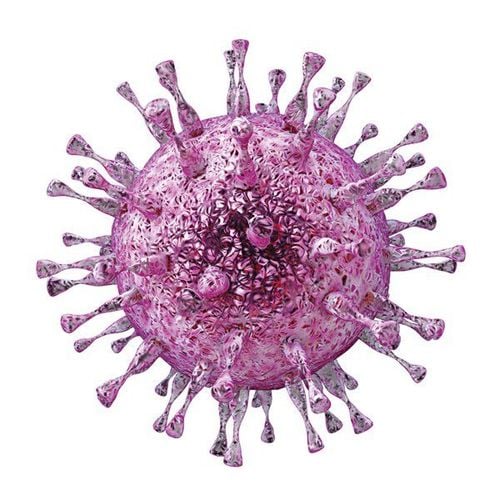
Nha đam có tác dụng điều trị vết loét lạnh do virus herpes gây ra
2.8. Eczema
The moisturizing effects of aloe vera can help relieve the dryness, or itching associated with eczema. In addition, aloe vera gel can also reduce seborrheic dermatitis, a condition common in people with oily skin that affects the parts of your face and behind your ears.
2.9 Psoriasis
Similar to eczema, aloe vera can help reduce inflammation and itching caused by psoriasis. For best results, you should apply aloe vera gel twice daily to the affected skin.
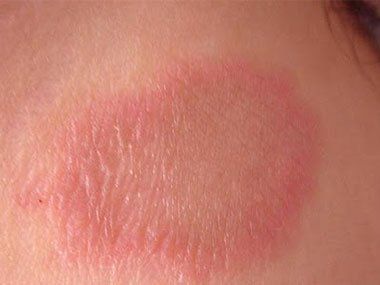
Bệnh nhân mắc bệnh vẩy nến sử dụng lô hội giúp giảm viêm giảm ngứa
2.10 Inflammation of acne
Because aloe vera has anti-inflammatory effects, the gel of this plant can help treat inflammatory forms of acne, such as pustules or nodules. You should apply aloe vera gel with a cotton swab directly on the acne about 3 times a day.
3. How to use aloe vera effectively?
In general, the inner side of the aloe vera leaf is where the most aloe vera gel is found. However, not every family has an aloe vera plant in the house. In such cases, you can opt for OTC products that do the same thing. For best results, you should look for products that use aloe vera gel as the main ingredient.
For skin diseases, aloe vera extract is not as effective as the gel form. This is because the aloe vera gel itself has moisturizing factors to protect and heal skin damage.
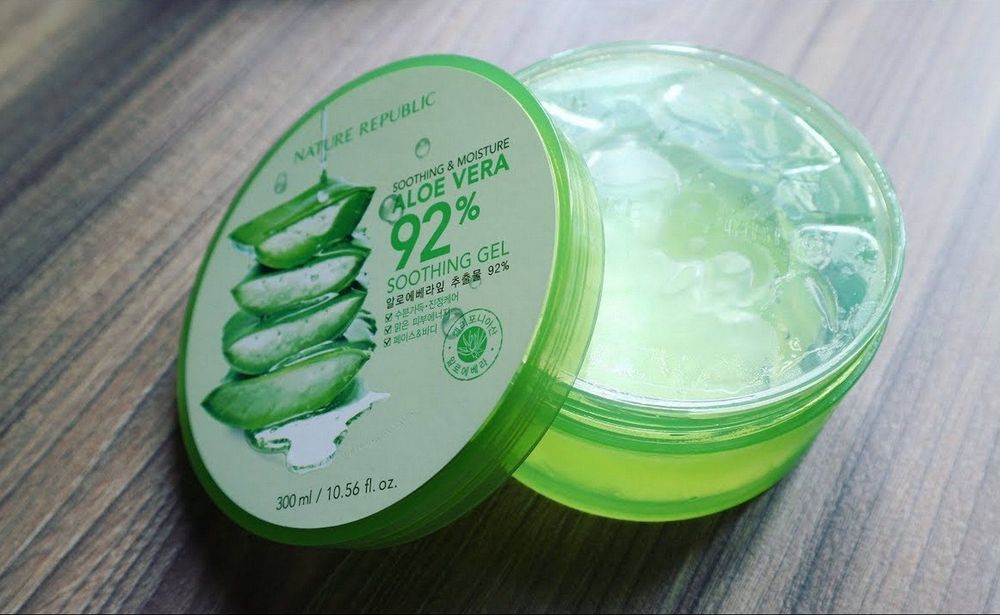
Các sản phẩm có thành phần chính là lô hội giúp dưỡng da
4. Side effects and caution when using aloe vera
Although considered safe in topical form when used as directed, the Food and Drug Administration does not regulate aloe vera products. This means that depending on the individual body, using aloe vera can be safe or cause allergic reactions.
You should consider not using aloe vera in case of severe burns or other serious injuries. Some types of aloe vera can even reduce the skin's natural ability to heal deep surgery-related wounds.
Some people who use aloe vera may experience symptoms such as mild itching or burning due to their strong skin action. However, if you develop a rash or hives, you are most likely allergic to the gel and should stop using it immediately.
Absolutely do not use aloe vera gel on infected skin. The gel has microbial properties, so this protective layer can disrupt the wound healing process and make the skin more susceptible to infection.
Please dial HOTLINE for more information or register for an appointment HERE. Download MyVinmec app to make appointments faster and to manage your bookings easily.




